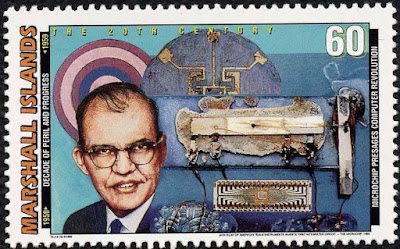Victory Day in Egypt is celebrated annually on December 23 to commemorate the country's triumph in reclaiming the city of Port Said from Anglo-French-Israeli forces in 1956 during the Suez Crisis. The day marks a significant moment in Egypt's modern history, symbolizing the nation's resilience, unity, and resistance against foreign aggression.Historical Background:
The Suez Crisis erupted in October 1956 after Egyptian President Gamal Abdel Nasser nationalized the Suez Canal, previously controlled by British and French interests. The move was seen as a bold assertion of Egypt's sovereignty and a challenge to colonial powers. In response, Israel, Britain, and France launched a coordinated military attack, occupying parts of Egypt, including Port Said.
However, Egypt's armed forces and civilians mounted a fierce resistance in Port Said, which became a symbol of national determination. International diplomatic pressure, particularly from the United States and the Soviet Union, eventually forced the invading powers to withdraw. On December 23, 1956, Egyptian forces regained control of Port Said, marking a significant victory for Egypt and the broader anti-colonial movement.
Celebrations:
Victory Day is observed with patriotic fervor across Egypt, especially in Port Said. Celebrations include:
- Military parades and commemorative events honoring the bravery of Egyptian soldiers and civilians.
- Speeches and ceremonies highlighting the significance of the Suez Crisis in shaping Egypt's national identity.
- Cultural performances and exhibitions showcasing the history of the crisis and Egypt's victory.
Victory Day serves as a reminder of Egypt's sovereignty and resilience and remains a source of national pride for the Egyptian people.



.jpg)




